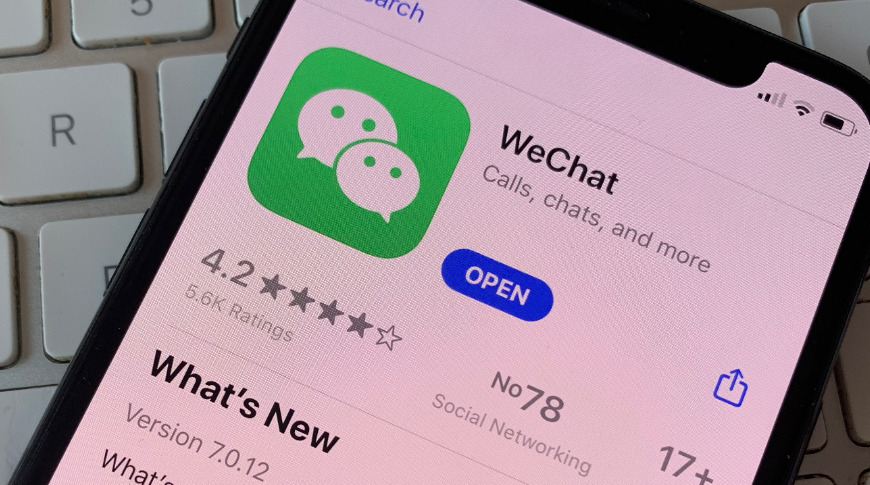Describing them as "untrusted Chinese apps," the US government says it wants WeChat, TikTok, and other unspecified services to be banned from all of the app stores in the US.
As Microsoft is in talks to buy TikTok. and Apple is not, US Secretary of State Mike Pompeo has unveiled plans to ban similar services that, he says, pose "significant threats to the personal data of US citizens."
Following President Trump's recent announcement that TikTok will be banned from the US after September 15, unless it is bought by an American firm, the Secretary described five actions the government intends to take.
According to BBC News, these include banning apps from WeChat, TikTok, and potentially other Chinese firms such as Alibaba, Baidu, and Tencent.
Without specifying how this could be done, Secretary Pompeo said that Chinese smartphone manufacturers would be prevented from either pre-installing, or making available for download, the most popular US apps.
He also said that steps would be taken to ensure that "untrusted People's Republic of China (PRC) carriers" are not utilized in the States.
Further, the personal data of US citizens would no longer be allowed to be stored or accessed on Chinese cloud-based services. Lastly, undersea internet cables will not be used for intelligence-gathering by China.
The Guardian newspaper reported that Pompeo said this would protect "our businesses' most valuable intellectual property, including COVID vaccine research." Plus "We don't want companies to be complicit in Huawei human rights abuses, or the [Chinese] surveillance apparatus."
BBC News says US Secretary of State Pompeo also did not explain how the government had the authority to achieve these plans. However, he reportedly said that over 30 countries already have such "clean networks," and that the government would "work closely with commerce and other agencies."
This software and services-specific ban follows ongoing tensions between the US and China that have seen the implementation of tariffs, and the blocking of technology from Huawei.
Apart from imposing a limitation on the macOS and iOS App Store, it's not clear how these plans will affect Apple. China-based servers do contain users' iCloud data, but only of those based in the region.
WeChat has such great popularity in China that it has been argued it alone mean Apple can never again dominate smartphones in the region.
 William Gallagher
William Gallagher







-m.jpg)






 Thomas Sibilly
Thomas Sibilly
 Wesley Hilliard
Wesley Hilliard
 Marko Zivkovic
Marko Zivkovic

 Malcolm Owen
Malcolm Owen

 Amber Neely
Amber Neely










47 Comments
Europe has been making pretty much the same case against the US for some time now. That EU citizens need greater data sovereignty, and that there should be 'local' cloud providers and social networks, app stores and network services rather than primarily US ones, and there should be limits to pre-installed apps too. And US companies and politicians have been arguing vehemently against it. But of course the EU has been signalling these changes and gradually introducing laws and then enforcing them gradually over 15 years.
wow, just wow.
So much political BS and spin in one statement.
Don't see them doing anything against US companies that collect personal data and then sell it to anyone, including the Chinese.
Fair enough. The Chinese don’t allow their citizens’ data to be stored outside the country.
And on the other side of the fence the Chinese have actively blocked many US/western services as being dangerous for use by their Chinese citizens. Seems perfectly expected since apparently no one trusts anybody, that's the position the world has placed itself in. Heck a lot of us probably don't even know our neighbors anymore. Trust no one. Geesh, it's a wonderful world.